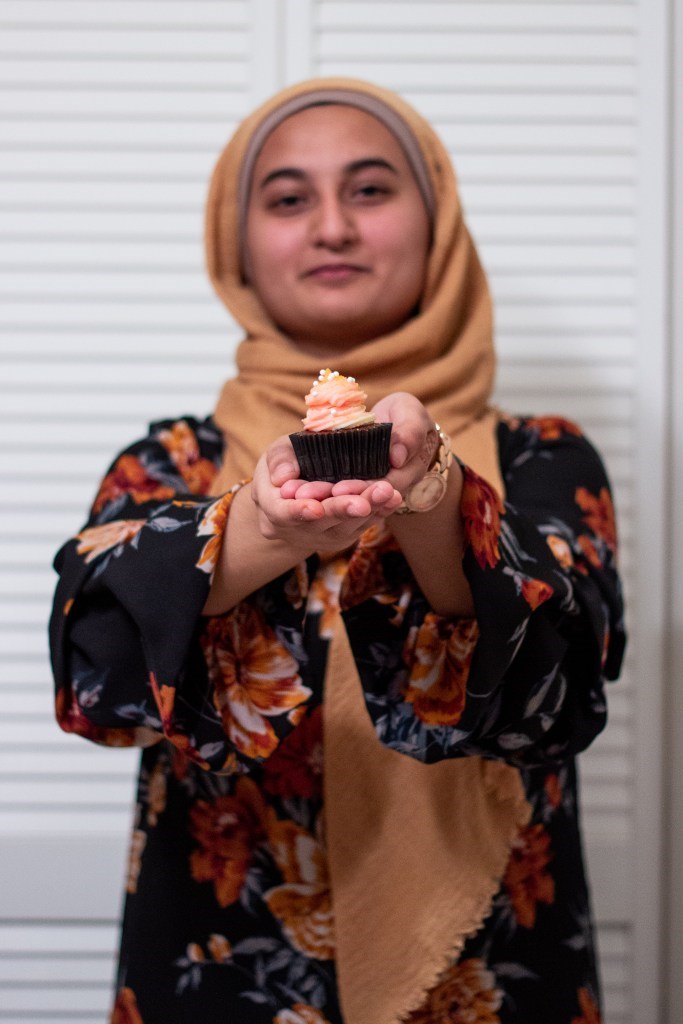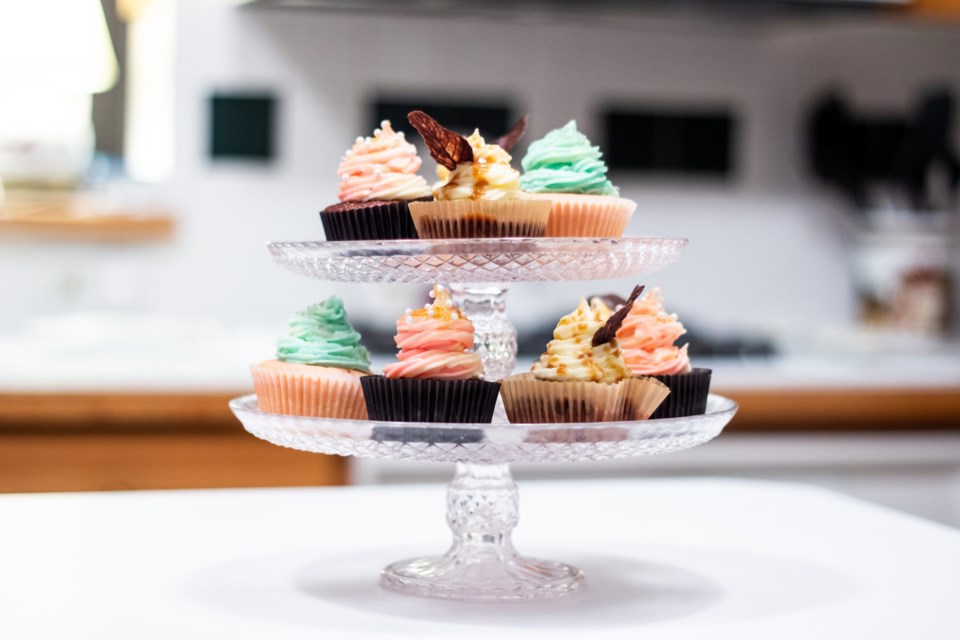In 2016, more than 4,000 refugees from 28 countries settled in the Dallas-Fort Worth area. They arrived after years of waiting for formal refugee status, often having lived in tent cities with thousands of others, fleeing war, persecution, human trafficking, torture or genocide.
The population of refugees is diverse, but they all face the same battle in their new homes: the difficulty of assimilation. Their languages, religions, ethnicities and customs mark them as outsiders.

One young woman in Plano, Nabeeha Qazi, a modest, self-possessed student at Plano West Senior High School, understands how that feels.
“In Dallas there are a lot of refugees, especially from Middle Eastern countries,” Nabeeha says. “As someone who’s moved to different countries, I know that it’s really difficult to fit in, especially when you don’t know the language and you don’t know the culture.”
Nabeeha was born in Chicago. At age ten, her family moved to Riyadh in Saudi Arabia for her father’s job. She remembers how foreign she felt, and how hard it was to fit in to the unfamiliar culture. The Qazis lived there for two years, and then moved to Pakistan for a year, before returning to the United States and relocating to Plano.
Nabeeha explains, “As a Muslim I am more sensitive to the issues surrounding people who are also Muslim. In high school, I became involved in debate, and for that I watch the news more closely, following events such as the Syrian civil war. There has been a lot of news about thousands of people living in camps for many years, and they can’t find asylum anywhere. I thought it was kind of counterintuitive that the U.S. was decreasing the amount of refugees that they were taking in, even though the amount of refugees was growing.”
Annually, only a tiny percentage of the nearly 20 million global refugees are resettled into other countries. The United States has been the world leader in resettling refugees—in other words, extending permanent residence to them—but the cap in 2019 is 30,000. This figure is drastically down from 2016, when 85,000 refugees were resettled in this country. With its strong economy, Texas is able to welcome more refugees than any other state in the nation. As many as half of all refugees are children.
The situations they are fleeing are unimaginably gruesome, such as the pervasive violence in the Democratic Republic of the Congo, where 4.5 million persons have been displaced. Armed groups routinely terrorize communities. Kidnappings, burnings, torture and rape are widespread.
In Syria, it is estimated that there are 6.5 million internally displaced people due to the ongoing civil war. Formerly beautiful, vibrant towns have been reduced to rubble by airstrikes and violent conflict. Syria is one of seven predominantly Muslim countries affected by Executive Order 13780, titled Protecting the Nation from Foreign Terrorist Entry into the United States, commonly referred to as the Travel Ban, or Muslim Ban. As a result, the number of U.S. refugees from Syria and other Muslim countries has dropped considerably. In 2018, just 62 Syrian refugees—42 Muslims and 20 Christians—were resettled in the U.S.
Nabeeha divides the overriding issues into two parts. “There’s the fact that they can’t come over here, and then there’s the fact that once they get here, they have a lot of problems settling down. I feel like that part gets overlooked more, because everyone thinks it’s a victory that they’re here. But if they’re here and they can’t support themselves, then I don’t think it’s the best that we can do.”
All who enter the United States with refugee status are authorized for employment, but even though they may bring valuable skillsets and even professional accreditation, they find they must take any job that comes along, however humble, just to survive.
Nabeeha runs a small business selling homemade cupcakes, and donates half the proceeds to Refugee Care Initiative, a charity founded by some of her friends, which aims to give a voice—as well as educational and vocational assistance—to refugees. “I wanted to help them, so that’s why I started Feel Good Cupcakes,” she says.
Through her business, Nabeeha is able to donate money periodically to help provide for the most urgent needs of ten to fifteen refugee families: “resources that you would need on an everyday basis, like food, toiletries and diapers.” Although she hasn’t met any of the families she is helping, Nabeeha personally shops for their necessities and sorts the goods.
The cupcake business started last fall. Nabeeha frequently brought delicious treats to school and her friends loved them so much, they insisted on paying for them. “So I used that passion that I had to donate some of the money.”
Nabeeha leverages social media to advertise Feel Good Cupcakes: Facebook, Instagram, Messenger and WhatsApp. But she feels that word of mouth—and free samples—are her best marketing tactics.
Read more: University of Texas students embark on longest charity bike ride in the world
According to Nabeeha, refugees often form “pocket communities,” probably because they are more comfortable with one another, but also because the rest of the population either doesn’t know that they’re there, or doesn’t want to help them assimilate. But isolation from the general community is no answer. “There are obviously a few people who are willing to help. But if we were a little bit more welcoming, or at least if there was more awareness, I think that would make a big difference,” she says.
She has practical suggestions for people who want to help.
Firstly, be positive. “Don’t let the problem scare you. We look at the gravity of the situation and we get disheartened, like this is too hard, we can’t help anyone. But even little things can help, especially when it comes down to individual families. It’s just a matter of getting out there. If there is a will there’s a way to do it.”
Secondly, be involved. In addition to the work of Refugee Care Initiative, Nabeeha recommends Helping Hand. “They’re a really big organization, and they have a lot of local centers, so they help on a much larger scale.”
Finally, be personal. “If you know someone who’s a refugee or if you hear there’s a new refugee who’s moving into this apartment, bring flowers! Be welcoming! Ask if they need anything. If they’re having trouble understanding, maybe have one of your friends who is proficient in their language help them to find some resources.”
Nabeeha concludes, “I think it’s important that we not only give them their basic necessities but make sure that they feel comfortable. Let them feel that they’re welcome.”
Buy Nabeeha's cupcakes through her Instagram @feelgoodcupcakes or email [email protected].
Jennifer Xia, a senior at Plano Senior High School, contributed to this article.




